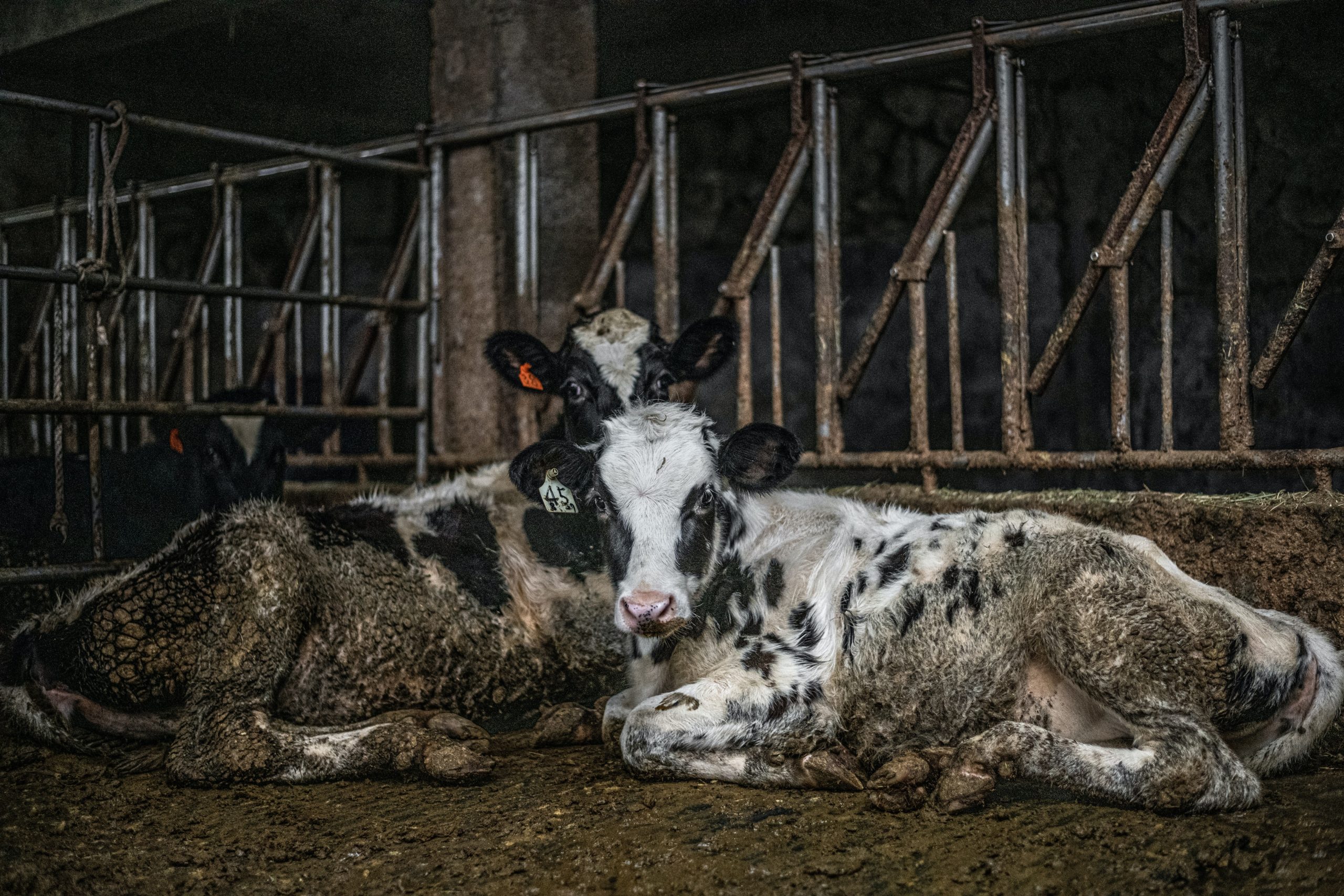Are you looking for another reason to avoid animal products? Consider IGF-1. Animal protein is linked to an increased risk of cancer for a variety of reasons, and consuming too much animal protein increases the production of a hormone called IGF-1 (Insulin-like Growth Factor). IGF-1 is an important growth promoter when we are young, and unfortunately, a useful, yet dangerous one in our adult lives too, as it can promote the aging process, as well as the growth of cancer cells.
According to Dr. Kristi Funk’s superb book Breasts: The Owner’s Manual, “All meat, chicken, and fish (yes, including chicken and fish—patients often ask, “Fish is okay, though, right?”) have another man-made cancer-promoting secret, but it doesn’t come as a synthetic pellet. You make it everyday. Insulin-like growth factor-1 (IGF-1) has one mission in life—to tell everybody to grow, grow, grow! This critical growth promoter works the miracle of a child becoming an adult. But we only get so tall, and our hands only become so large, so what’s IGF-1 doing for the rest of your adult life? Well, we turn over around fifty billion cells a day, and they need replacing, post-exercise muscles need repairing, and brain cells need protecting. Once these tasks are complete, however, if there’s excess IGF-1 screaming at cells to grow, then grow they will—into cancer, into metastases, into the lung and liver, into the brain and bone. Whoa. Someone better settle that IGF-1 down.
It turns out, you’re that someone. Your brain tells your liver to produce IGF-1 predominantly in response to eating animal protein (meat, dairy, eggs). A study followed 6,381 adults aged fifty and up for eighteen years “among those ages fifty to sixty-five, higher protein levels linked to a 430 percent higher chance of dying from cancer and a 7,300 percent increase in diabetes when compared to those in the low protein group. IGF-1 emerged as an important moderator of the association between protein consumption and mortality, since wherever protein went, IGF-1 levels were sure to follow. (Just like Mary and her lamb.) Notably, no such elevations in risk happened with proteins derived from plants—only animals.”
Click here for a link to Dr. Kristi Funk’s book, Breasts: The Owner’s Manual.




